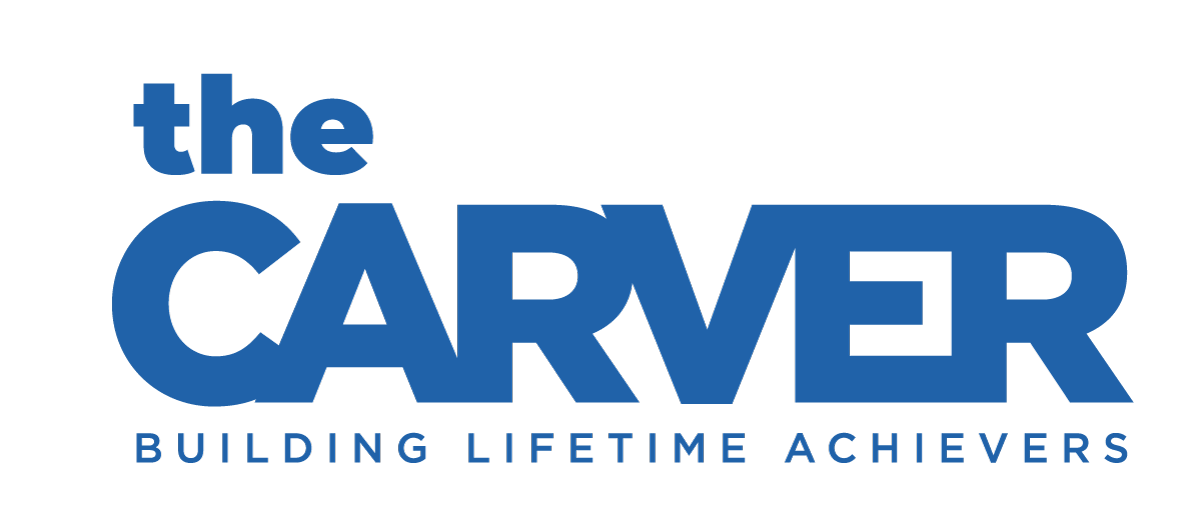Heaven Branch, 11th grader at Brien McMahon High School, and Madison Watts, 10th grader at Norwalk High School
North Carolina A&T University
By Heaven Branch, 11th grader at Brien McMahon High School, and Madison Watts, 10th grader at Norwalk High School
Our visit to North Carolina Agricultural and Technical State University (NCAT) was terrific. Our tour guide Colbea emphasized the welcoming nature of the university. This was our final college; our positive experience meant we ended on a high note.
NCAT is a public, Historically Black College or University (HBCU) in Greensboro, North Carolina, home to the Aggies.
The school opened in 1891 and currently has approximately eleven thousand students enrolled. There is a wide selection of majors available to students, and its nurturing environment offers a place for everyone. NCAT offers incoming students, sophomores, and juniors the chance to receive many scholarships. Honors students have selective access to more desirable housing. To become eligible for the honors program, you need a 3.75 GPA. Some housing buildings are co-ed, while others are gender specific.
The school has excellent benefits and an upgraded sports facility for its students. Throughout the tour, we experienced a welcoming feel. We were very impressed with the gymnasium and student center. NCAT is ahead of other schools we visited with their integrated robots into student life. The many food options available to students are supported by robots delivering food to dorms. Study abroad programs are available to students, which interests us. We want to experience different cultures and learn through experience during our collegiate journey. Students currently attending NCAT make the college feel a lot like home. Greek life is huge at NCAT, and the Divine Nine fraternities and sororities are alive here.
The experience that we had touring this university was terrific. We never thought we would be so enthusiastic about attending a school so far from home. We are eager to enroll at an HBCU and fully experience the pride and passion. Our hope is to be committed to this University this time next year. GO AGGIES!!























